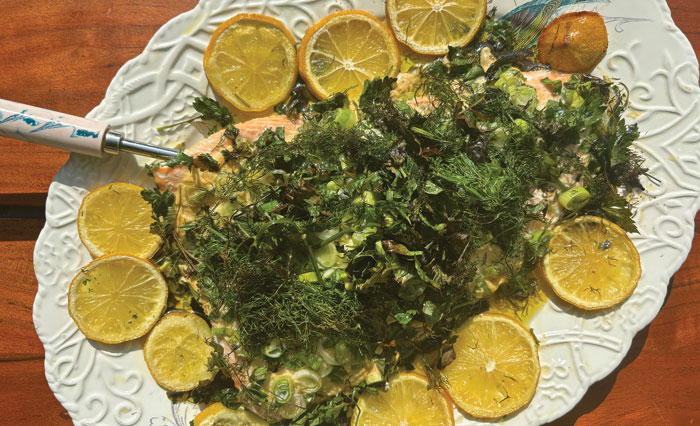One weekend. Two gatherings. Two conversations that, in retrospect, are profoundly linked.
Saturday night, a conversation with a man who is new to Jewish practice, but is firmly committed to observance for the long haul. His Hebrew reading has become pretty fluent, but davening – in particular weekday davening in the minyan – is still a spiritually fruitless experience for him. It’s just rapid-fire streams of words that he does not understand, into which even the linear translation cannot seem to breathe life. Too many words going by way too fast. It can’t help but feel like an obligation to be discharged, rather than a religious opportunity to be enjoyed. He’s going to take a crack at Prayerbook Hebrew the Easy Way, (http://www.ekspublishing.com ), and hopes this will help.
Sunday morning. A conversation with an ebullient grandmother who had recently read and lectured on Dr. Aliza Lavie’s Tefillat Nashim: Jewish Women’s Prayers Throughout the Ages. She gushes with excitement and wonder as she describes the religious creativity and spiritual authenticity of Jewish women’s prayer over the last four centuries. Prayers (“techinot”) that women have written for in the hope of finding a good match, before venturing into the marketplace to engage in commerce, or upon the occasion of their daughter’s first menstruation. How exciting it is, she concludes, that this religious art form has been chronicled, and that is has become revivified among Jewish women today.
Men are stuck. For better and for worse, it is our collective male obligation to follow and to preserve the “matbea”, the structure and formula of classical rabbinic prayer. All of the words, all the time. We do it for the greater goods of historical continuity and the unity of our far-flung people. And with God’s help and with years of effort we come to appreciate the spiritual genius that inheres in the “matbea”.
But we should probably also be looking over our shoulders at what our women have been doing with their less rigidly-structured obligation of daily prayer. Not to replace the “matbea”, but to supplement it. Not just to add even more words, but to add some life. We can even insert our male “techinot” right into the “amida”.
Here’s a quick sample that took me only about 10 minutes to compose: A techina upon coming home from work aggravated.
My God, whose name is Peace. I know that I am blessed to have a job, and I thank You for the gifts You have given me, and the insight which you renew within me daily. Since the days of Adam, our work is by the sweat of our brow, and too often I complete the day’s work feeling stressed or aggravated. Assist me, God, in remembering the words of the Ketubah, through which I promised not only to support and maintain, but also to cherish and honor the wife with whom You have blessed me. Remind me of the joy with which I beheld my children at the moment of their birth, and my commitment to their happiness. Furnish me the with the strength to close a door – even if only for a few hours – on the aggravations of the day, and with the wisdom to recognize who I am with, now that I have walked through the front door of my home.






















 More news and opinions than at a Shabbat dinner, right in your inbox.
More news and opinions than at a Shabbat dinner, right in your inbox.